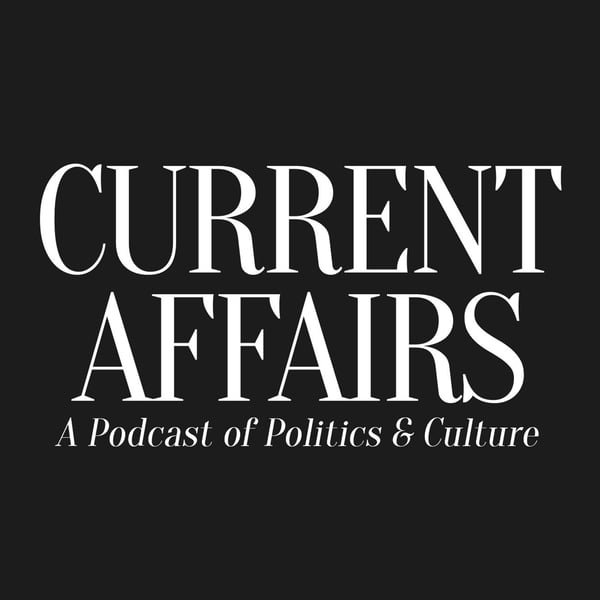What Does Moral Philosophy Tell Us About Our Obligation To Stop Climate Change?
Current Affairs
Current Affairs
4.4 • 645 Ratings
🗓️ 9 December 2021
⏱️ 47 minutes
🧾️ Download transcript
Summary
Transcript
Click on a timestamp to play from that location
| 0:00.0 | Good evening, Current Affairs listeners. My name is Nathan Robinson. I am the editor-in-chief of Current Affairs Magazine. |
| 0:08.0 | And I'm here tonight with Professor Henry Shue. He is the Senior Research Fellow at the Center for International Studies for the Department of Politics and International Relations at the University of Oxford. |
| 0:19.0 | He is the author of Climate Justice, Vulnerability and Protection, |
| 0:23.7 | and most recently the pivotal generation, why we have a moral responsibility to slow climate change right now. |
| 0:33.5 | From Princeton University Press, Professor Schia, thank you so much for joining me. |
| 0:39.1 | I'm delighted to be here and look forward to our discussion. |
| 0:42.8 | Yeah. |
| 0:43.3 | So one of the reasons that I really like this book, The Pivotal Generation, |
| 0:48.1 | is that it is an example of practical philosophy. |
| 0:52.8 | It has both rigorous intellectual argumentation, but also this strong call to political |
| 0:57.8 | action. |
| 0:59.0 | Academics, particularly philosophers, no offense, do sometimes fear being seen as two activists, |
| 1:06.9 | lest their intellectual integrity be compromised. |
| 1:10.4 | And I think one of the nice things about your books is that they show us that serious moral philosophy can actually lead us to quite activist conclusions and can offer guidance as to how we really ought to act in the world we live in and what our responsibilities are in terms of |
| 1:29.4 | the political landscape that we actually inhabit. The pivotal generation contains plain |
| 1:35.2 | language discussions of very, very serious questions like what do we owe people living far away |
| 1:40.9 | or in the future, who, if anyone is to blame for climate change, what moral |
| 1:45.7 | responsibilities do differing parties have? You are a moral philosopher who's written on many |
| 1:50.4 | topics over the course of your career, but you have recently given overriding importance to |
| 1:56.8 | climate change, which you call the crucial political fight over the 21st century. You know, |
| 2:01.4 | I took a couple of courses on justice and moral philosophy as an undergraduate. Climate |
| 2:05.4 | change was never mentioned as one of the most serious issues. It's still often a secondary |
... |
Please login to see the full transcript.
Disclaimer: The podcast and artwork embedded on this page are from Current Affairs, and are the property of its owner and not affiliated with or endorsed by Tapesearch.
Generated transcripts are the property of Current Affairs and are distributed freely under the Fair Use doctrine. Transcripts generated by Tapesearch are not guaranteed to be accurate.
Copyright © Tapesearch 2025.

